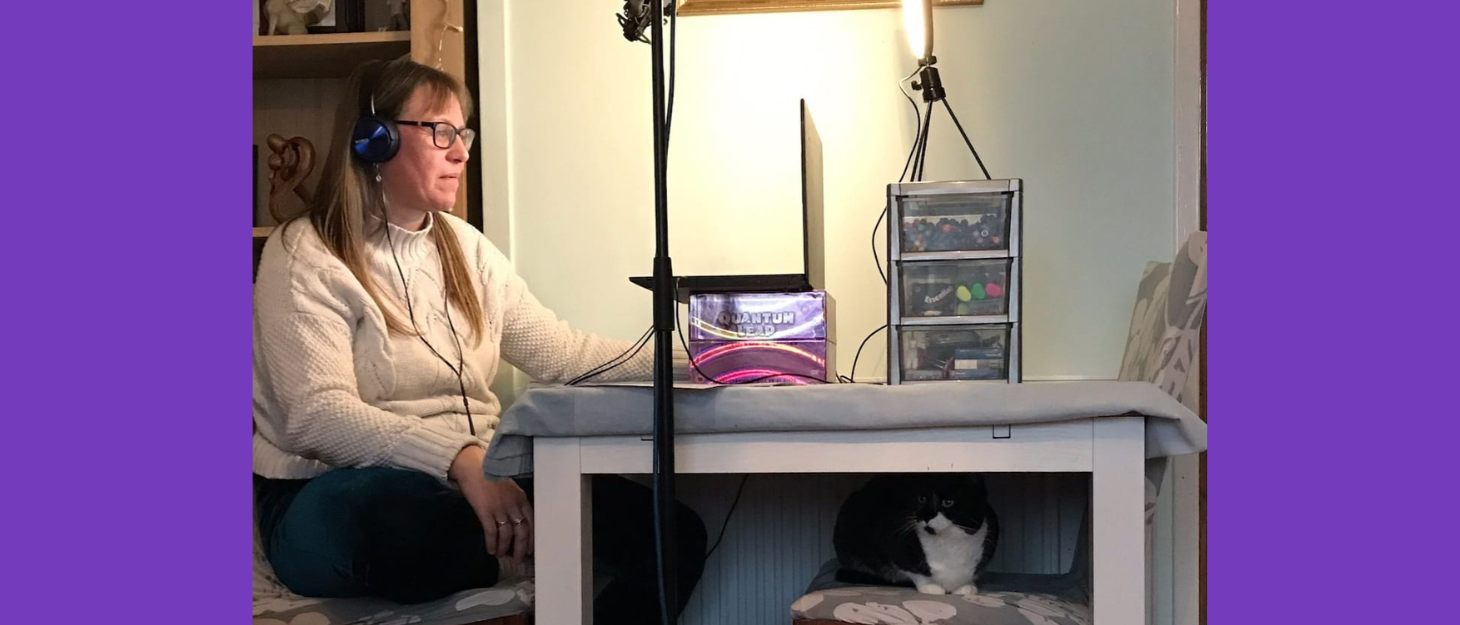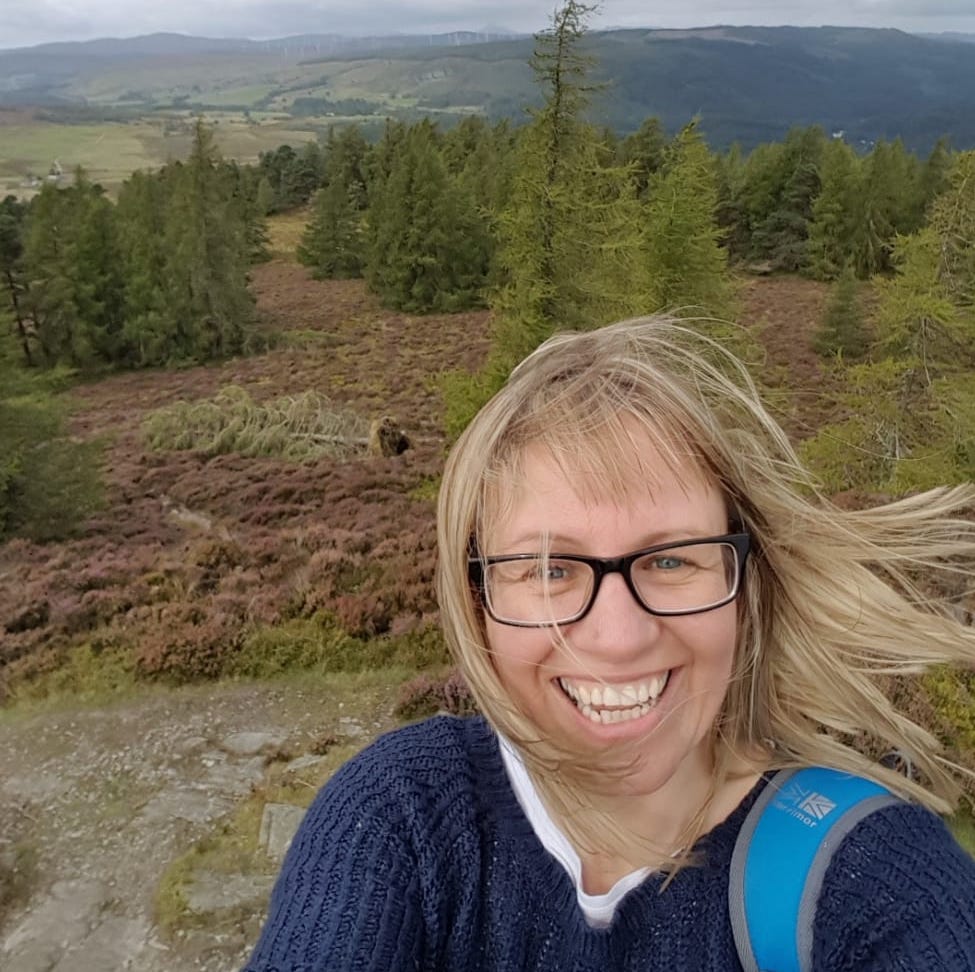
McCain Podcast 1: Extra costs with Nicky
In their first episode of Table Talk, Paddy and Christine meet a mum of two from Scotland and discuss the everyday costs of raising children with disabilities or additional needs.
Here, Nicky shares her story and her experiences of doing the podcast.
“I was very nervous to share my story as it’s not always sunshine and fun times. But… unless we all start talking more openly about it, nothing will ever get better for the thousands of people and families struggling out there.”
Nicky lives in Perth with her two sons. Logan is 16 and is diagnosed with ADHD and autism. He also has epilepsy, Tourette’s, sensory issues and dyslexia. Nicky says: “Life is challenging for him. But he is a great advocate for his conditions and I encourage him to be so.”
Logan’s senses can be different to those of other teenagers. “He’s got ridiculously good hearing; he can hear sounds at lower and higher frequencies than anybody I’ve ever met. He wears noise cancelling headphones to help when he is out and about and feels safer when he has them on.
“It was because of Logan I actually got diagnosed with autism and several co-morbidities at the age of 45. Everything made sense when I was diagnosed, it was brilliant for me. It also means that I understand him and can help him, because I’ve been there, done that.”
Extra costs
Nicky explains how raising two boys with autism has impacted her financially. “When Logan was younger, he needed specialist medical equipment but around that time his DLA was reduced. I had to start buying the medical items myself, but because of his epilepsy he would constantly move about in the night and get through loads of them.
“He goes through a huge amount of clothing; he is six foot five and outgrows everything almost every three months. It feels constant. I don’t think people realise the extra costs that come with that, and the extra stress and worry.”
“Now that Logan is getting older, I don’t have to go back and forth to school with him as much. It’s meant I’ve been able to go to university to study film and media.
“I hope my degree will work towards helping people see how Logan sees the world and how I see the world. We see things very differently from most people and our anxiety suffers because of that.”

How Family Fund helped
Nicola first applied to Family Fund when she became a single parent in 2011.
“We moved to Dunning, outside of Perth, and it was at that point that I was like; I really need some help, I was really struggling and low. I became part of Perth ADHD group and they recommended Family Fund.”
“Family Fund has been like a lifeline for me for the last ten years.”
“Family Fund helped us with money for day trips. It meant I could take Logan to places without his brother, which then gives his older brother some much needed space at home.
“Then when my tumble dryer broke last year, I freaked out. I have endless washing and live in Scotland, there’s never an opportunity to dry something outside!
I hadn’t thought to apply to Family Fund that year because we hadn’t been doing anything during COVID, we’d all been stuck in the house. When I was on the phone to the ADHD group, they said “Have you tried Family Fund?” I didn’t think they helped with those sorts of things, but within two or three days I had a new one.
“I can’t even, I don’t even know how to put it into words how important that has been for us.”
Taking part in the podcast
“I thought the podcast was really good, a relaxed chat with two lovely down to earth parents who are in the special club of parents who know how hard it can be. Paddy and Christine are amazing advocates for parenting children with additional support needs. They came across as very genuine and just wanting the best for their kids.
“I was very nervous to share my story as it’s not always sunshine and fun times. But I am incredibly passionate about changing things for people with neurodivergent conditions and unless we all start talking more openly about it, nothing will ever get better for the thousands of people and families struggling out there.
“I hope other families get the ‘me too!’ moment, I hope they don’t feel like they are the only ones dealing with this and that you can learn ways to make things easier for you and your children, I hope it encourages more people to talk about diversity in all its forms and I hope our story can bring hope to others and maybe a smile to someone’s face.”
